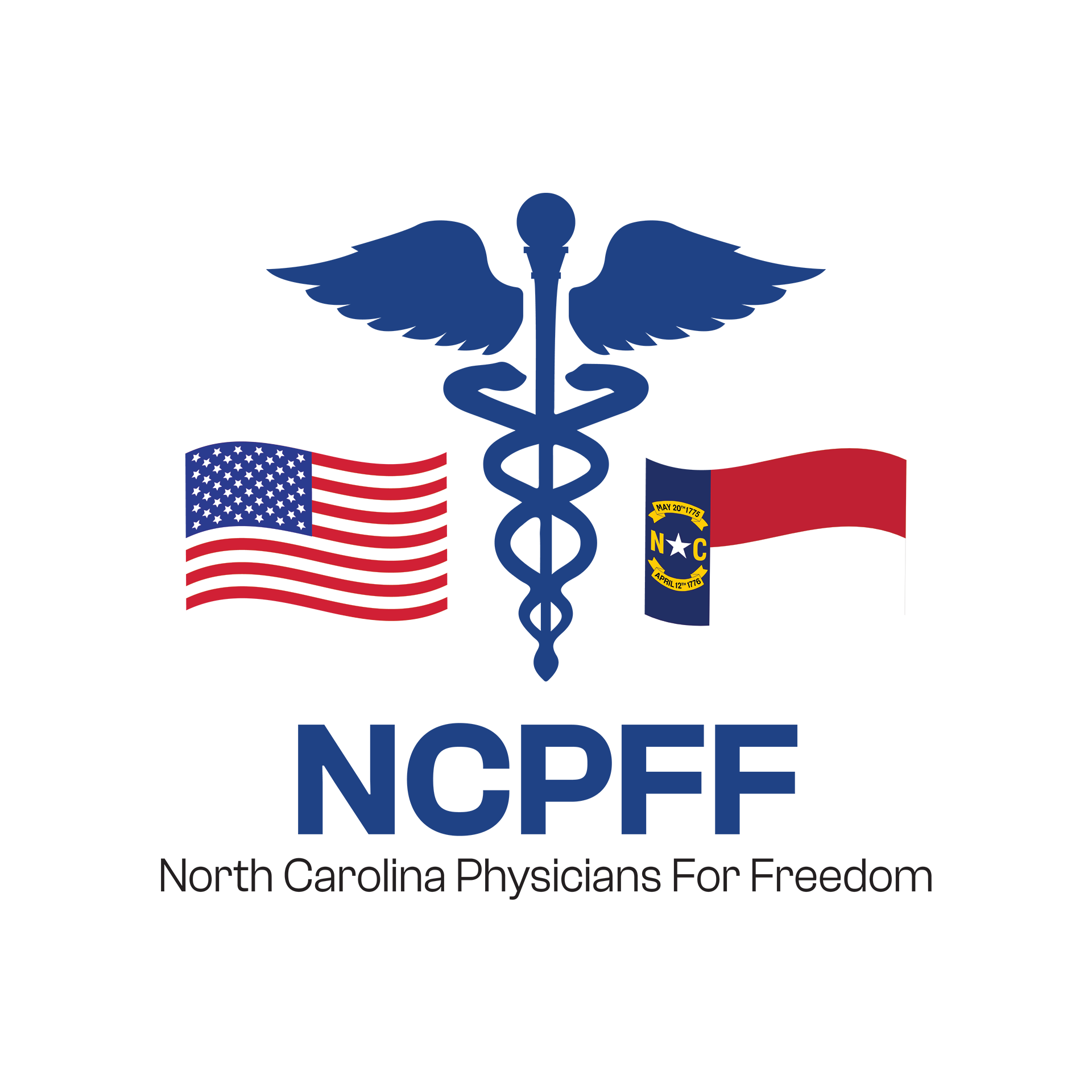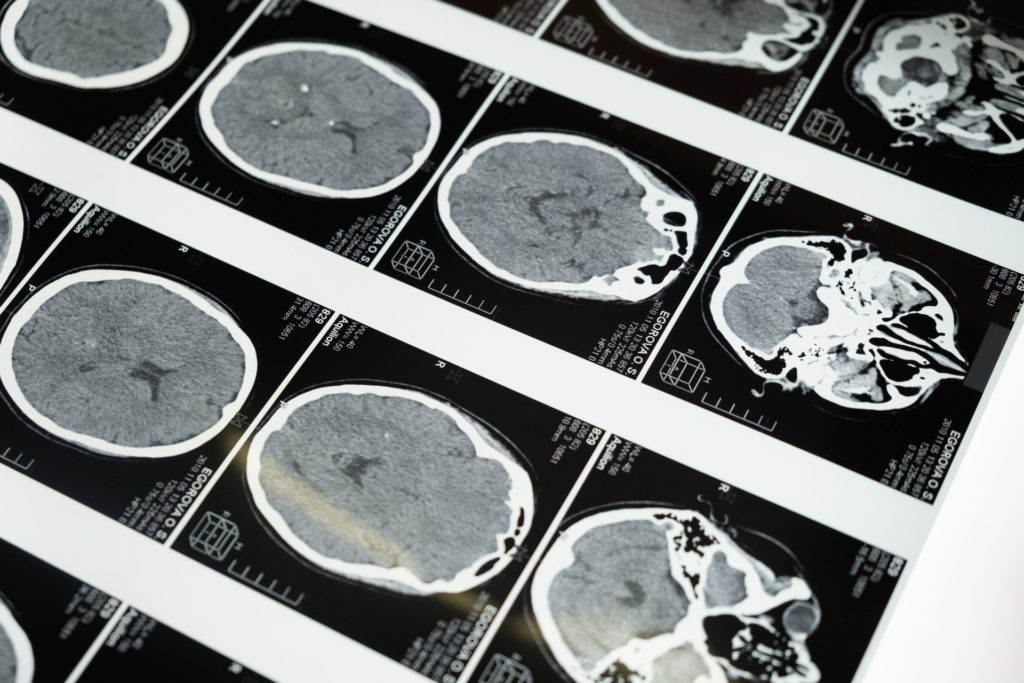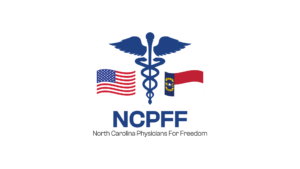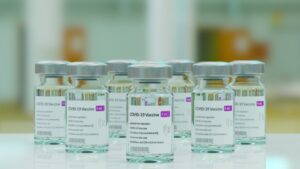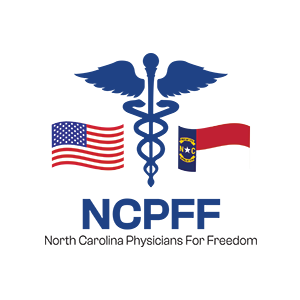Working in critical care means I see incredibly sick people with multi-organ failure on a regular basis. When the CCP virus first hit, it was a frightening experience because some people were very ill and conventional wisdom with regards to respiratory failure was proving wrong. Watching people die without the comfort of loved ones by their side was the worst part of it. When early treatment protocols with Ivermectin and Hydroxychloroquine came onto the scene, I thought the game would change and we could make an impact in the outpatient setting. I pitched the protocols from FLCCC to the physicians in charge of CCP-virus treatment and was summarily shut down. The ignorant MSM mantra of “we don’t know if this is safe and effective”, was regurgitated by colleagues I had previously respected and trusted. Long-standing evidence told us these drugs were definitely safe and short-term evidence told us these drugs were likely effective as well. I was frustrated, to say the least, and people were suffering and dying as a result.
I decided I couldn’t change things on the inpatient side, but I could start making an impact in the outpatient setting, which is where the good data is anyways. I started treating people outside of my primary role as an ICU provider, with the hopes of preventing hospital admissions in the first place. In several months time, I treated over 100 patients with the FLCCC early treatment protocols, some of which were very high-risk for COVID-19 complications. Only one person needed hospital care for supplemental oxygen (now back at work). I hear similar findings from other colleagues that are treating patients with Ivermectin and Hydroxychloroquine. These protocols work, patients get better, fear dissipates with knowledge, and people grow angry that their Primary Care Physician or Urgent Care did nothing to help them in their time of need. If more providers like us are willing to critically think and leave behind government-prepared algorithms with poor data, people would get effective treatment, get back on their feet quickly, and confidence in the medical system would be restored.
-S
